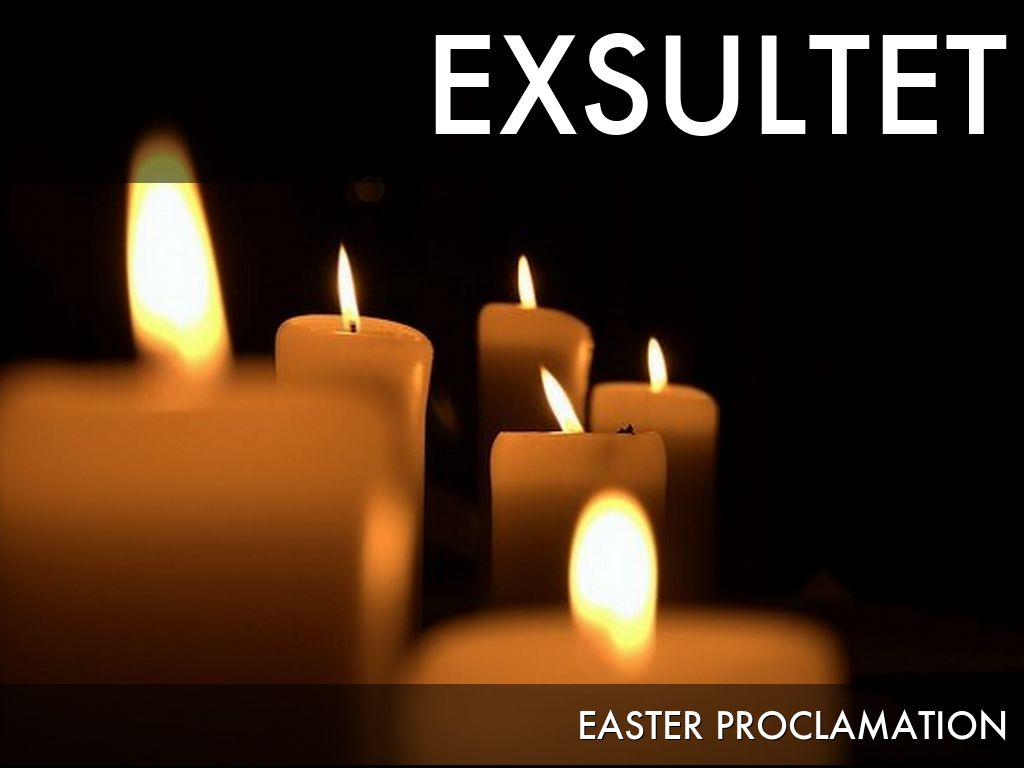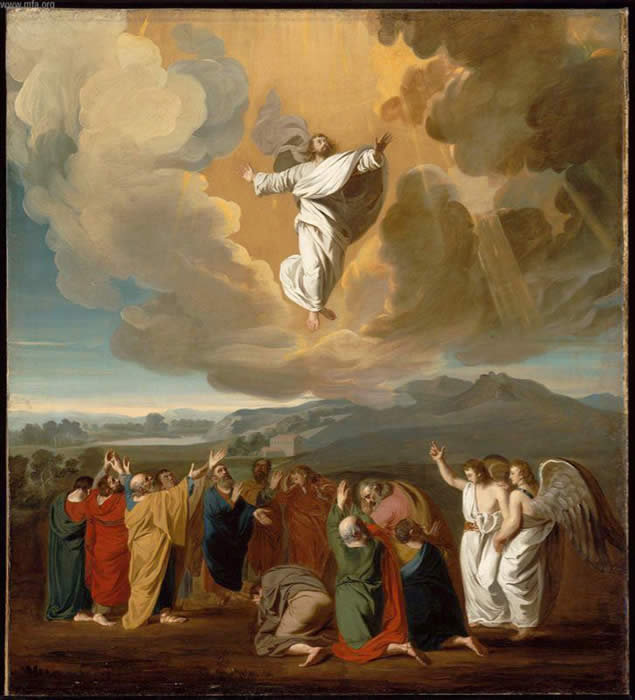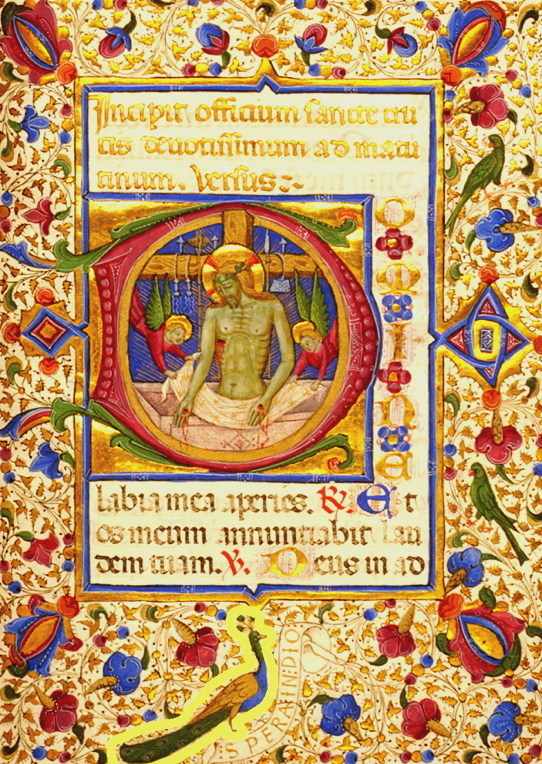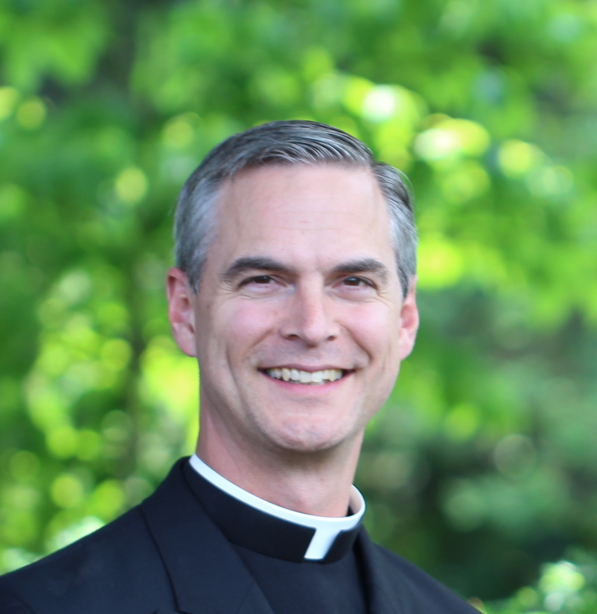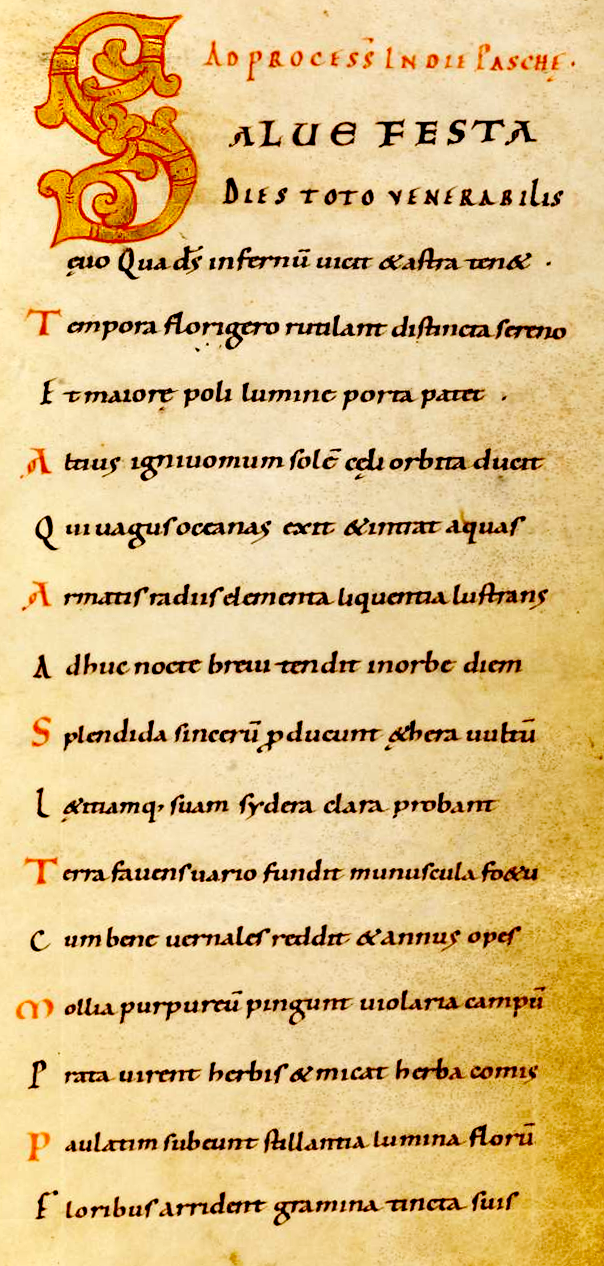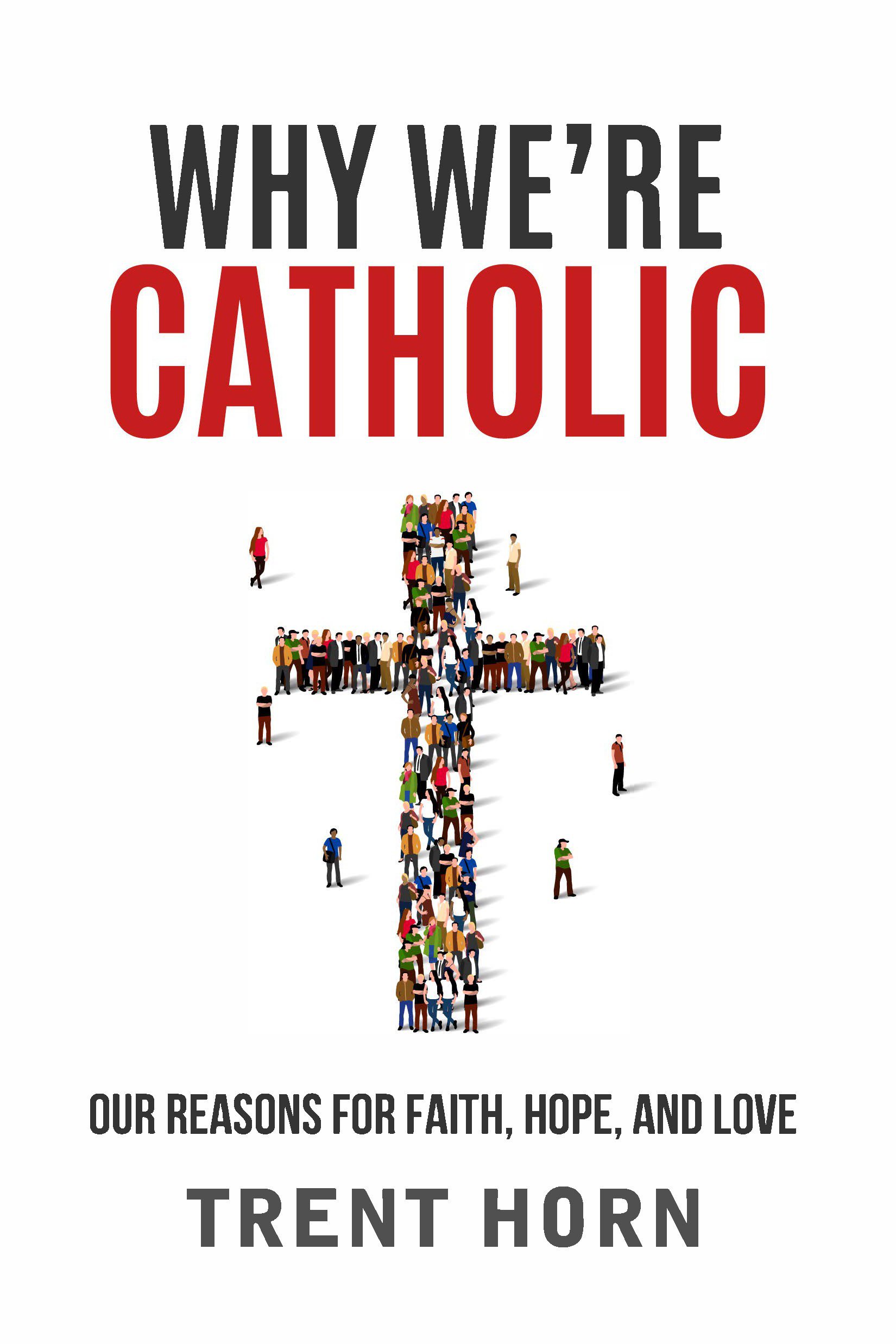
-Christ Appearing to Mary Magdalene, Charles de La Fosse, between 1680 and 1685
-by Rev Gabriel of St Mary Magdalen, OCD, Divine Intimacy, Baronius Press, (c) 1964
Presence of God – O Lord, may I always seek You alone, and seeking You, may I have the grace to find You.
MEDITATION
In the Masses of Easter week, the Gospels recount the various apparitions of the risen Jesus; the first, and one of the most moving, is that to Mary Magdalen (John 20:11-18). In this episode Mary appears with her characteristic trait, that of a soul completely possessed by the love of God. When she reaches the sepulcher, she has scarcely seen “the stone rolled away,” before she is seized with one only anxiety: “They have taken away my Lord.” Who could have taken Him? Where could they have put Him? She repeats these questions to everyone she meets, supposing that they are filled with a like apprehension. She tells it to Peter and John who come running to see for themselves; she tells it to the Angels, and she tells it even to Jesus. The other women, finding the sepulcher open, go in to find out what has happened, but Magdalen runs off quickly to bring the news to the Apostles. Then she returns. What will she do near that empty tomb? She does not know, but love has impelled her to return, and it keeps her at the place where the body of the Master had been, the body that she wants to find at any cost.
She sees the Angels, but she does not marvel or become frightened like the other women; she is so possessed by her grief that there is no room in her soul for other emotions. When the Angels ask her: “Woman, why weepest thou?” she has only one answer: “Because they have taken away my Lord, and I know not where they have laid Him.” Later, Jesus asks her the same question and Mary, absorbed in her same thoughts, does not even recognize Him, but “thinking that it was the gardener,” she says to Him: “Sir, if thou hast taken Him hence, tell me where thou hast laid Him, and I will take Him away.” The thought of finding Jesus so occupies her mind that she does not even feel the need of giving His name; it seems to her that everyone must be thinking of Him, that everyone would understand immediately—as though everyone were in the same state of mind as she.
When love of God and desire for Him have taken full possession of a soul, there is no longer room in it for other loves, other desires, other preoccupations. All its movements are directed to God, and through all things the soul does nothing but seek God alone.
COLLOQUY
“O Lord Jesus Christ, how good, blissful and desirable it is to feel the violence of Your love! Ah! enlighten my heart every day with the rays of this love, dissipate the darkness of my mind, illuminate the secret places in my heart, strengthen and inflame my intellect, and rejoice and fortify my soul! Oh! how tender is Your mercy, how great and sweet Your love, O Lord Jesus Christ. You lavish Your love to be enjoyed by those who love none but You, and who think of nothing but You! Loving us first, You invite us to love You; You delight us and draw us, so great is the power of Your love. Nothing invites us, nothing delights and attracts us more than this kind attention of love; the heart, which at first was torpid, feels itself inflamed; and the heart that is fervent, when it knows it is loved and has been loved by You, it becomes still more ardent.
O most loving Lord Jesus Christ, although You have loved me inexpressibly, I, a wicked sinner, enclosing in my bosom a heart of stone and iron, have not recognized Your burning love; and even though I desired Your affection, I did not want to love You. Deign, then, to come to my aid, O most merciful Lord Jesus Christ, and by the violence of Your most sweet love, force my rebellious soul to love You, so that I may serve You in peace and attain the unending life of love.” (Ven. R. Giordano).
Love & Easter joy,
Matthew




